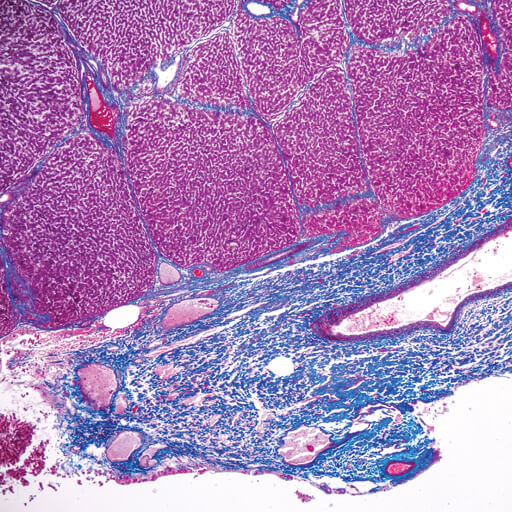Oakstone CME Current Topics in Gastrointestinal and Liver Pathology
Gastrointestinal Pathology CME: A Practical Overview
From Johns Hopkins University School of Medicine. A practical, case-based overview for those who encounter GI and liver specimens in their daily practice, this online CME program addresses interpretation of upper GI tract mucosa and liver biopsies, along with recent advances in pancreatic and biliary pathology.
Current Topics in Gastrointestinal and Liver Pathology — led by renowned pathologist Lysandra Voltaggio, MD — includes case-based continuing medical education lectures designed to help you better interpret mucosal and liver biopsies, enhance your understanding of pancreatic and biliary disorders, and apply modern techniques to gastrointestinal disorders.
Cost: $895
View Offer chevron_rightDetails
Gastrointestinal Pathology CME: A Practical Overview
From Johns Hopkins University School of Medicine. A practical, case-based overview for those who encounter GI and liver specimens in their daily practice, this online CME program addresses interpretation of upper GI tract mucosa and liver biopsies, along with recent advances in pancreatic and biliary pathology.
Current Topics in Gastrointestinal and Liver Pathology — led by renowned pathologist Lysandra Voltaggio, MD — includes case-based continuing medical education lectures designed to help you better interpret mucosal and liver biopsies, enhance your understanding of pancreatic and biliary disorders, and apply modern techniques to gastrointestinal disorders.

